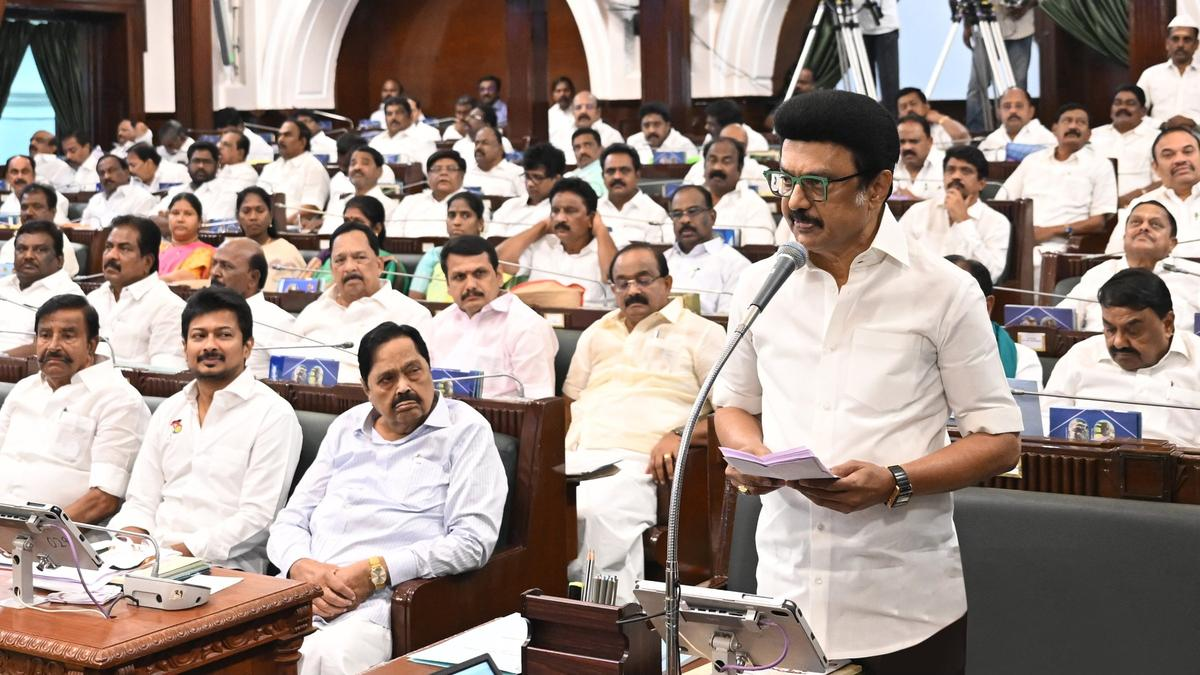



India and Thailand upgraded ties to a Strategic Partnership, enhancing cooperation in defense, trade, connectivity, education, and culture. Key outcomes include joint military exercises, renewable energy collaboration, and progress on the India-Myanmar-Thailand Highway. A Joint Plan of Action will guide implementation, fostering regional peace, economic growth, and people-to-people ties.

Copyright infringement not intended
India and Thailand decided to upgrade their relationship to a "Strategic Partnership."
The Prime Minister of India visited Thailand on the invitation of the Prime Minister of the Kingdom of Thailand.
Both leaders held discussions on various areas of bilateral cooperation including defence and security, trade and investment, connectivity, science and technology, innovation, space, education, health, culture, tourism and people-to-people exchanges.
Both leaders witnessed the exchange of several MoUs covering various areas of cooperation. They also welcomed the establishment of an India-Thailand Consular Dialogue.
They visited Wat Phra Chetuphon Wimon Mangkhalaram Rajwaramahawihan to pay homage to the historic Reclining Buddha.
The two leaders agreed to elevate the existing bilateral relations to a Strategic Partnership for realising the full potential of cooperation between the two countries.
Strategic Partnership
The Strategic Partnership is based on mutual commitment to strengthen bilateral relations for the continuing peace, stability and prosperity of the two countries and their respective regions.
It will build upon existing agreements and mechanisms of cooperation which contain partnering in political, defence and security, trade and investment, connectivity, education, socio-cultural development and people-to-people exchanges, as well as other areas of mutual interest.
Political Cooperation
The Prime Ministers (or top leaders) will meet more often, even when they attend big international meetings (like at the United Nations). They'll talk about issues important to both countries in their region (like Southeast Asia and South Asia) and discuss global problems like security threats.
The ministers in charge of foreign affairs (like India's External Affairs Minister and Thailand's Foreign Minister) and their top officials will have regular meetings.
They want the elected members of their Parliaments (like MPs in India) to visit each other's countries more often to learn from each other.
Defence and Security Cooperation
Strengthen the ways armies, navies, and air forces cooperate. They want to work together on:
Increase cooperation between their police, intelligence agencies, and national security advisors. They'll discuss Security Challenges: Tackling problems like terrorism, maritime security, cybersecurity, and fighting organised crossborders crimes.
Economic, Trade, and Investment Cooperation
The ministers and officials in charge of trade and business will meet regularly to make sure existing groups that promote trade and investment meet every year.
Address problems that make it hard for businesses to sell goods in the other country (market access issues) and make trade smoother to connect both countries better to the global supply chain.
Work on making sure product quality standards are similar or accepted in both countries, so goods approved in India can be easily sold in Thailand, and vice-versa (harmonization, equivalence, Mutual Recognition).
Trade and invest more in modern, future-focused areas like:
Bilateral trade reached about US$15 billion in 2023-24. Growth potential in areas like: Processed seafood, smartphones, EVs, processed food, tourism, IT services, and pharmaceuticals.
Cooperate on environmentally friendly growth, focusing on renewable energy and energy saving, to help meet their climate change goals.
Connectivity
Improve all kinds of connections – physical (roads, ports, air travel), digital (internet, data flow), and financial (payments).
Speed up work on the India-Myanmar-Thailand Trilateral Highway and look at extending it further east. Work on an agreement to make it easy for vehicles (trucks, cars) to travel between the three countries.
Improve sea connections through shipping along coasts and between ports, and encourage aviation authorities to increase flights between India and Thailand.
Connecting People and Cultures
Ministries will work together to:
Deepen cultural ties through exchanging artists, holding exhibitions, seminars, festivals, and working together on archaeology, museums, and archives, following an existing Cultural Exchange Programme (CEP).
Ministries will cooperate on science and technology, doing joint research and workshops in areas like agriculture, biotech, IT, and space tech.
Work together on health, medicines, and traditional medicine (like Ayurveda or Thai traditional medicine) by sharing information, doing research, and developing healthcare workers' skills.
|
To make sure all these agreements actually happen, the leaders have asked their Foreign Ministries to create a detailed "Joint Plan of Action". This will be like a step-by-step guide for putting this Strategic Partnership into effect. |
Must Read Articles:
Source:
|
PRACTICE QUESTION Q. Discuss the geopolitical importance of the Indo-Pacific region for India’s national security and economic interests. 150 words |









© 2025 iasgyan. All right reserved